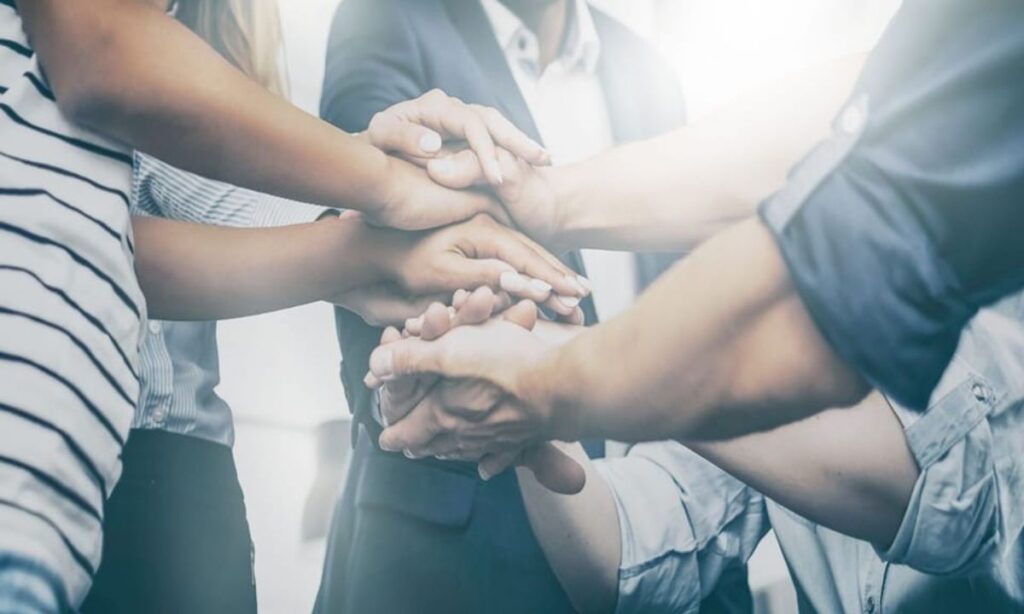Social health and wellbeing are deeply embedded in Aboriginal culture, where healing occurs through sharing stories, yarning, and supporting one another. Good health has always been understood as more than just physical or mental – it’s shaped by connections to family, community, Country, and culture. When pressures from life weigh heavily, these connections offer pathways for managing stress and anxiety in ways that are meaningful and lasting.
Recognising Stress and Anxiety in Our Communities
Understanding stress and anxiety starts with recognising how they show up in ourselves and others. Sometimes, it’s trouble sleeping, constant worrying, or losing interest in things we usually care about. Other times, it might appear as physical signs – headaches, stomach issues, or feeling constantly tired. These signs are not weaknesses but important signals from your body and spirit, reminding you to slow down and seek support.
Spending time with Elders, participating in cultural practices, and maintaining strong connections to the community can ease feelings of worry and disconnection. When paired with professional support services, these gatherings create a balanced and respectful way of managing mental health.
Supporting Family and Cultural Connections
Balancing family, work, and cultural responsibilities can feel overwhelming, especially for parents and caregivers. Finding small ways to stay connected – sharing stories, practising mindfulness, or spending time on Country – can make a meaningful difference. These activities don’t just support individuals; they strengthen entire families and create safe and connected spaces for everyone to heal.
Elders are central to maintaining social health and wellbeing within communities. Their wisdom carries knowledge passed down through generations, offering practical and cultural guidance for managing stress and finding balance. By listening to and learning from Elders, younger generations continue to build on these foundations, preserving cultural strength for the future.
Family connections are also strengthened through shared experiences, whether that’s participating in cultural ceremonies, coming together for meals, or simply spending quality time yarning. These moments remind us that healing happens in connection – not isolation.
Culturally Safe Resources and Support
Access to culturally safe resources plays an essential role in supporting mental health and wellbeing. Many Aboriginal health services today offer toolkits, healing diaries, and wellbeing cards tailored to different groups, including youth, parents, and Elders. These resources reflect cultural values while incorporating modern insights, bridging two worlds to provide meaningful support.
Aboriginal Community Controlled Health Organisations across NSW continue to lead this work. These services create spaces where people can seek support without fear of judgement or misunderstanding, knowing their cultural identity will always be respected.
Programs like yarning circles and cultural gatherings are key spaces for connection and healing. Here, people can share their experiences openly, listen to others, and learn from both traditional practices and modern strategies. Elders might guide young people through breathing exercises or cultural practices, while younger community members offer insights into managing newer challenges, such as pressures from social media.
These gatherings are not just about addressing stress – they’re about building connections that strengthen communities from within. They remind everyone involved that healing is a shared process guided by the wisdom of generations and the strength of collective care.
Building Stronger Communities Through Connection
Caring for your mental health isn’t just about personal wellbeing – it’s about strengthening your family, your community, and your connection to culture. Aboriginal health services are here to provide the right tools, guidance, and support, blending cultural wisdom with contemporary care practices. Reach out to your nearest Aboriginal Community Controlled Health Organisation today – your community is ready to support you on your path to better social health and wellbeing.
ALSO READ: Why Eye Doctors Recommend Having Both Contacts and Glasses







